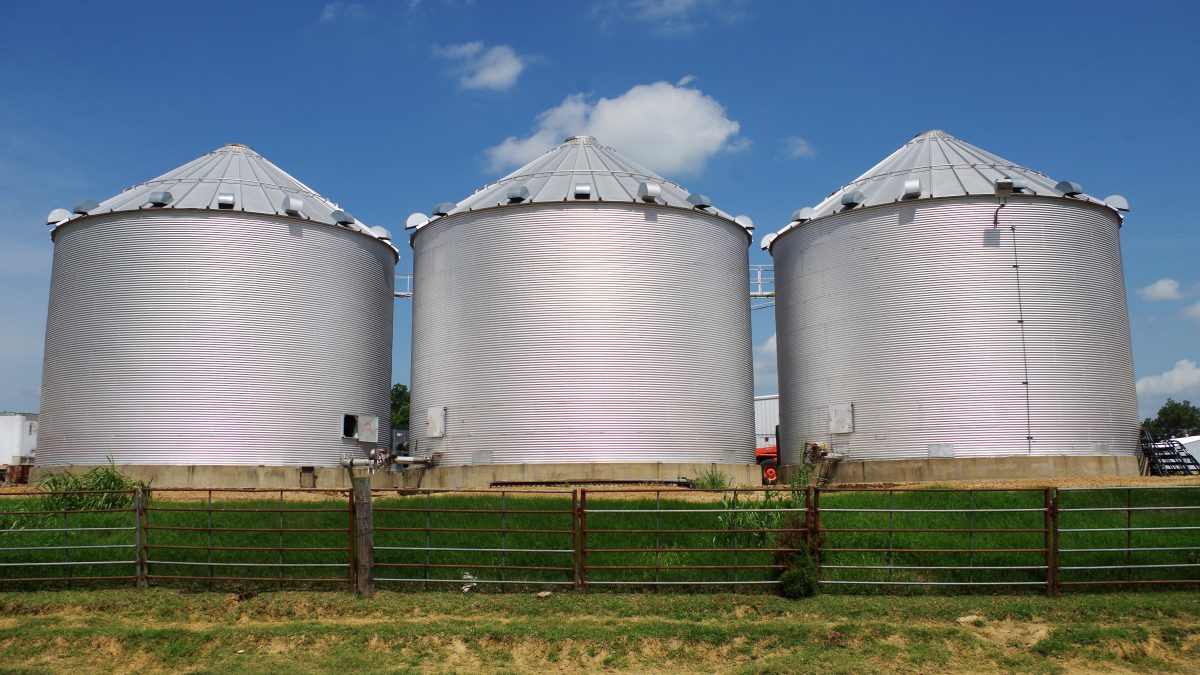Farm Bureau’s Policy Plate is Full
TOPICS
TradeZippy Duvall
President

photo credit: Arkansas Farm Bureau, used with permission.
Zippy Duvall
President
It’s almost curtains for 2020, and what a year it has been! Now that we can put 2020 in the rearview mirror, we also can look ahead to what’s on our plate for 2021.
We started this year with hopes of achieving policy wins on ag labor, regulatory reform, expanding broadband, addressing mental health in rural America, and expanding trade. While those goals have seemed, at times, to be overshadowed by the COVID-19 pandemic and all the crises it brought our way, I’m proud that we still brought home some big wins for farmers and ranchers on our original goals.
We must work to strengthen our food and agriculture system in light of what we’ve learned during the COVID-19 pandemic.
While we need Congress to act on ag labor reform, we applauded the Administration’s release of new H-2A guest worker rules. The Administration changed the calculation of wage rates and locked them in for two years, a move that will bring more predictability and stability to farmers who rely on those workers.
Trade is headed in the right direction, with USDA recently issuing a forecast that ag exports will increase to $140.5 billion next year, with China leading the increase. In addition to the new U.S.-China Phase 1 Agreement that commits China to greater purchases from the U.S., the U.S.- Mexico-Canada Agreement took effect this summer, the U.S.-Japan agreement took effect last January, and negotiations are well under way with the United Kingdom.
Signed into law in March, the Coronavirus Aid, Relief, and Economic Security (CARES) Act allocated more than $500 million to help rural communities connect to broadband internet. Also in March, the Broadband DATA Act was signed into law, changing the way the government collects data on broadband access so that maps correctly show the areas that are lacking and need help. On mental health, the House and Senate passed language in the Defense Authorization bill that would provide more training, improve awareness through public service announcements, and require federal agencies to work together to determine best practices in responding to rural mental health challenges.
On the regulatory front, we made progress on modernizing Endangered Species Act rules and, finally, delisting the gray wolf, which has seen population growth for years and now will be managed appropriately at the state level. We also welcomed decisions from the Environmental Protection Agency that will preserve farmers’ and ranchers’ access to critical crop protection tools.
Through Farm Bureau’s legal advocacy, we have defeated early efforts to block implementation of new rules that provide a reasonable definition of “navigable waters” and commonsense reforms of the process for environmental reviews under the National Environmental Policy Act. The litigation is ongoing, and AFBF remains fully committed to defending these and other administrative wins of the past few years.
All of these achievements came as we worked for assistance to farmers and ranchers as markets were decimated by COVID-19 and as they struggled to provide adequate protection for their farm workers.
Farm Bureau membership always has been a great value for our members, but I believe we showed that value more than ever this year.
Looking ahead to January, we will work with elected leaders to bring home more wins for farmers and ranchers. We have work to do on taxes—protecting the tax cuts enacted in 2017 and making agricultural estate tax relief permanent.
We must be engaged in the discussion on climate, ensuring that voluntary incentives are part of the solution.
We must work to strengthen our food and agriculture system in light of what we’ve learned during the COVID-19 pandemic.
Discussions about the next farm bill will get under way, and we’ll be hard at work to ensure that farmers and ranchers have adequate risk management tools and conservation programs.
We must maintain the hard-won regulatory reforms of the past few years, continue to work for a regulatory environment that allows farmers and ranchers to be productive, and implement renewable energy mandates. Infrastructure improvements, broadband buildout and agricultural research are also on the plate.
We must continue to expand global markets, improve access to mental health services in rural America, and continue working for real, lasting reform of immigration and ag labor.
Clearly, we have our work cut out for us, and if 2020 has shown us anything it’s that Farm Bureau, with our grassroots-developed policy and our army of engaged farmer and rancher member advocates across the nation, is up to any task. We are STRONGER TOGETHER.
I look forward to reporting on more policy wins in the days and weeks ahead.
Zippy Duvall
President
Vincent “Zippy” Duvall, a poultry, cattle and hay producer from Greene County, Georgia, is the 12th president of the American Farm Bureau Federation.
Trending Topics
VIEW ALL